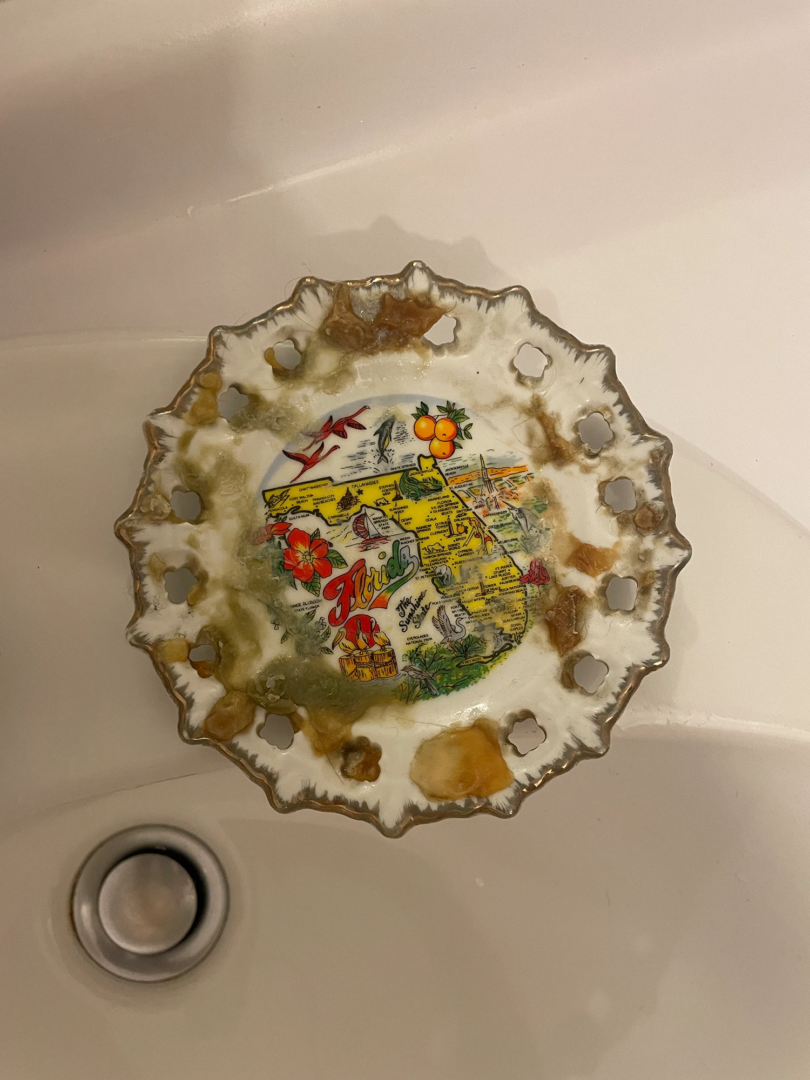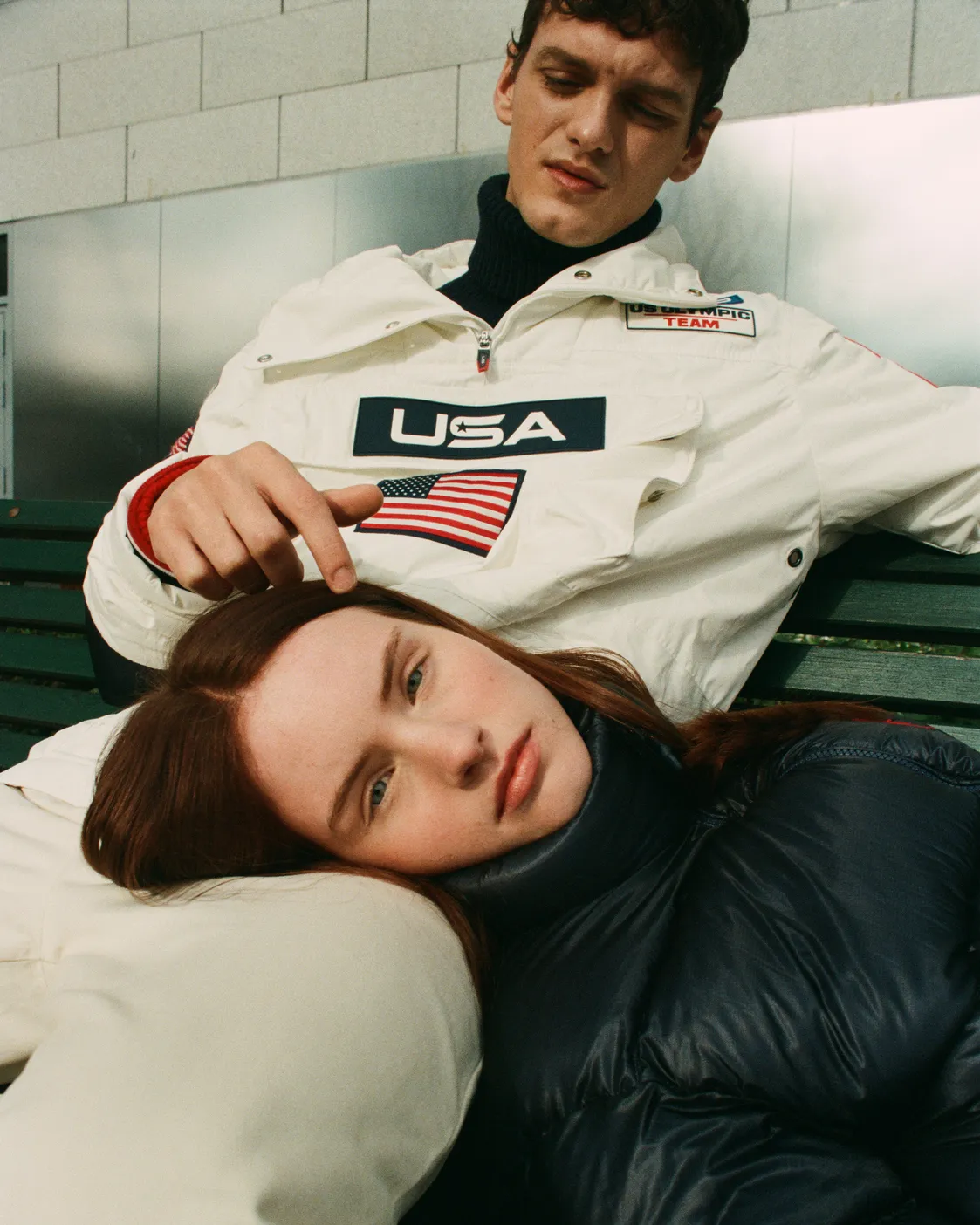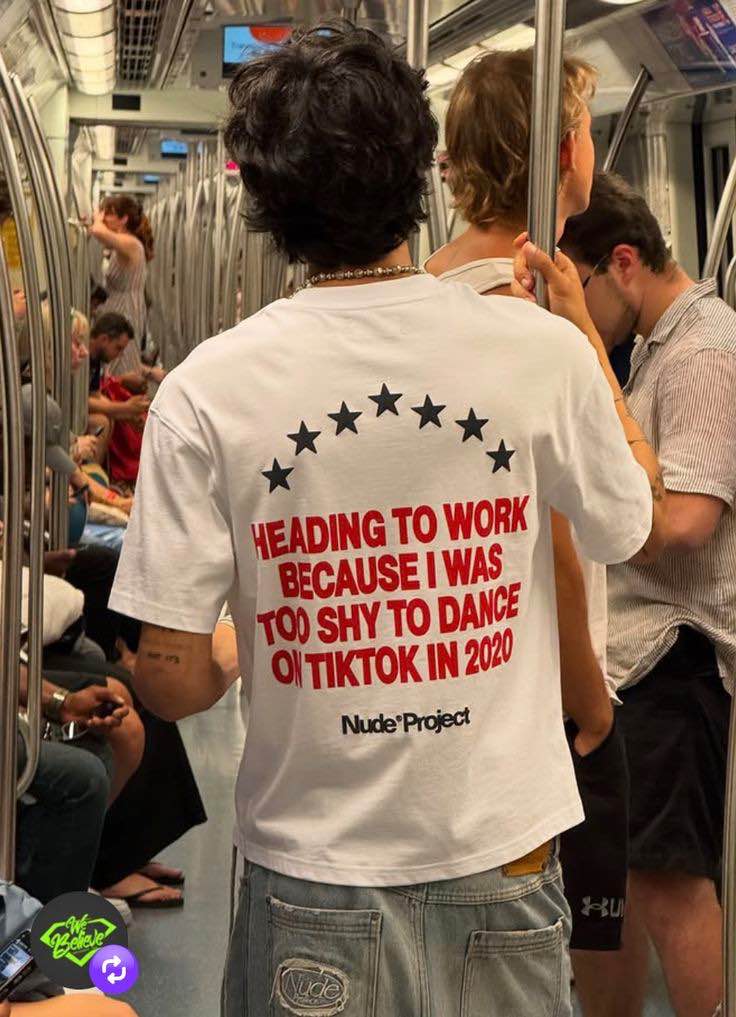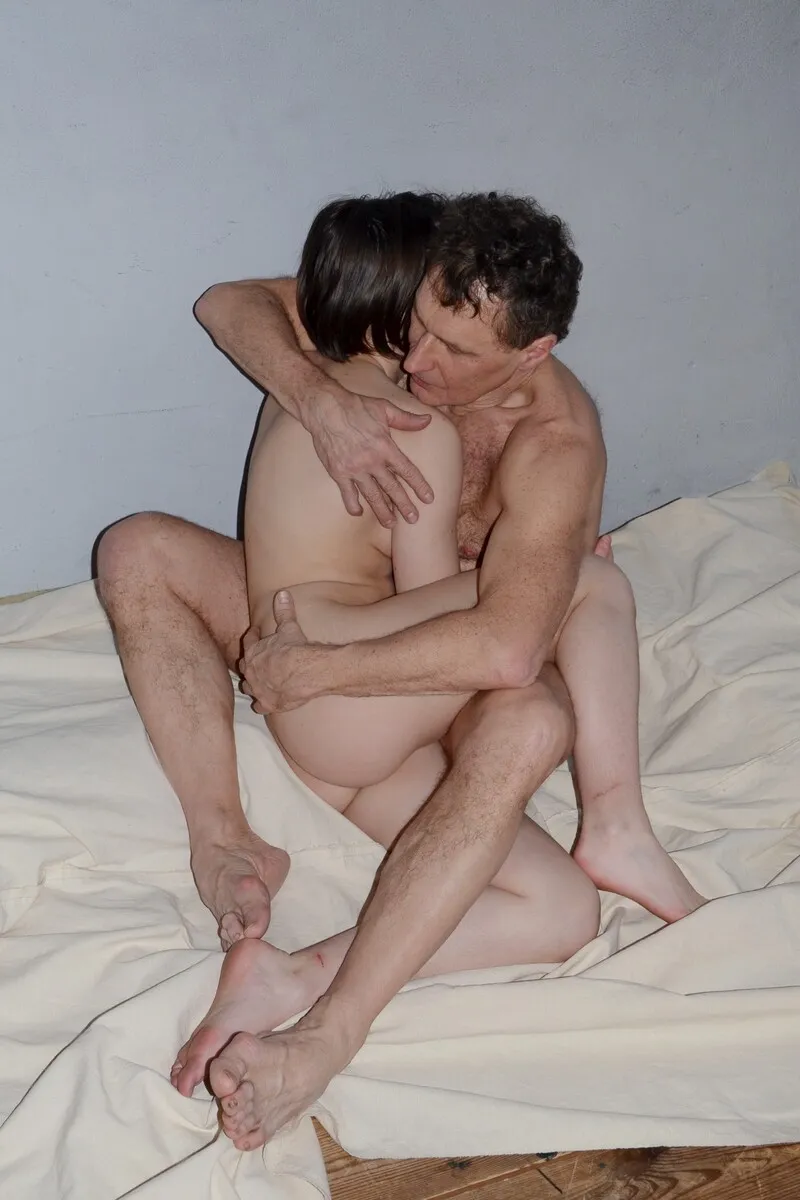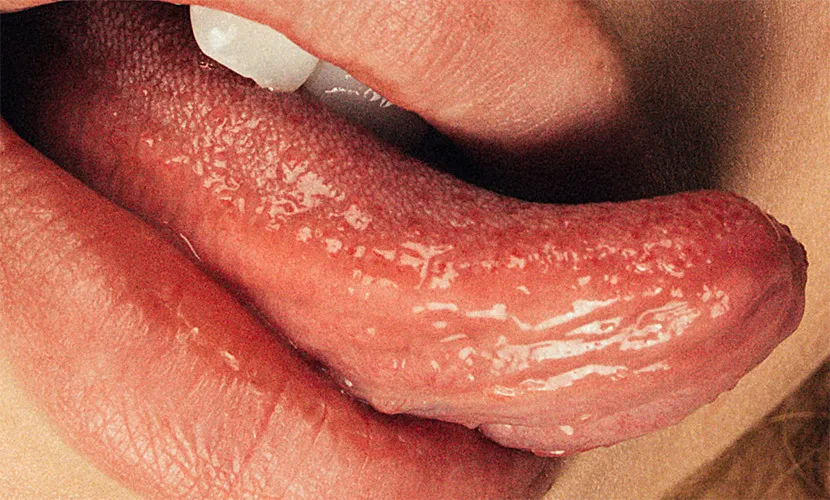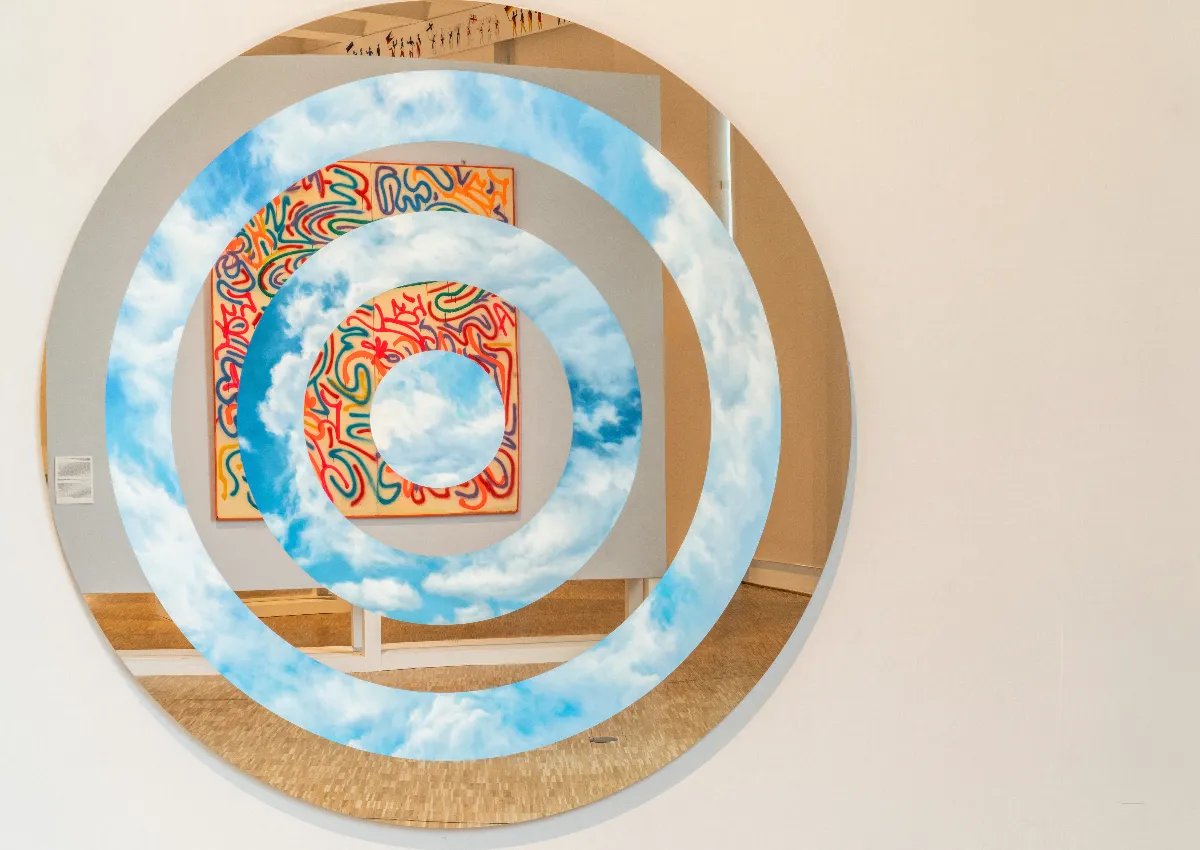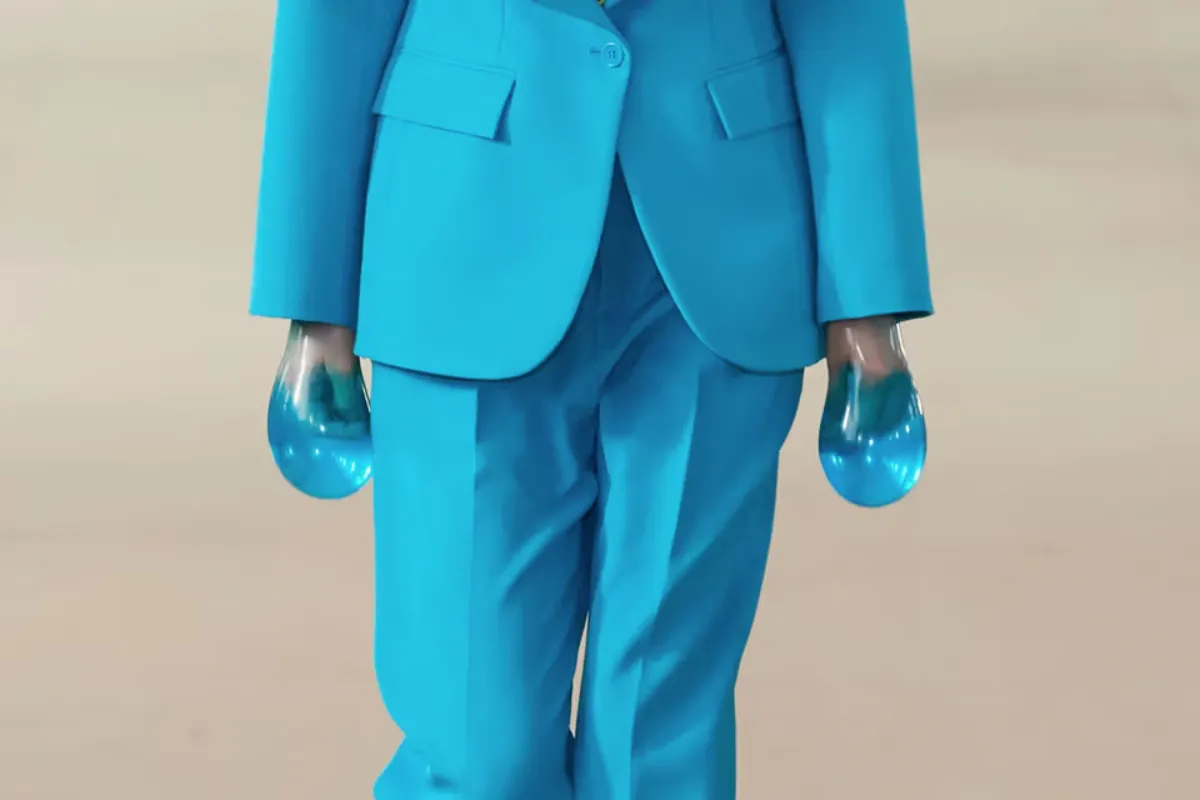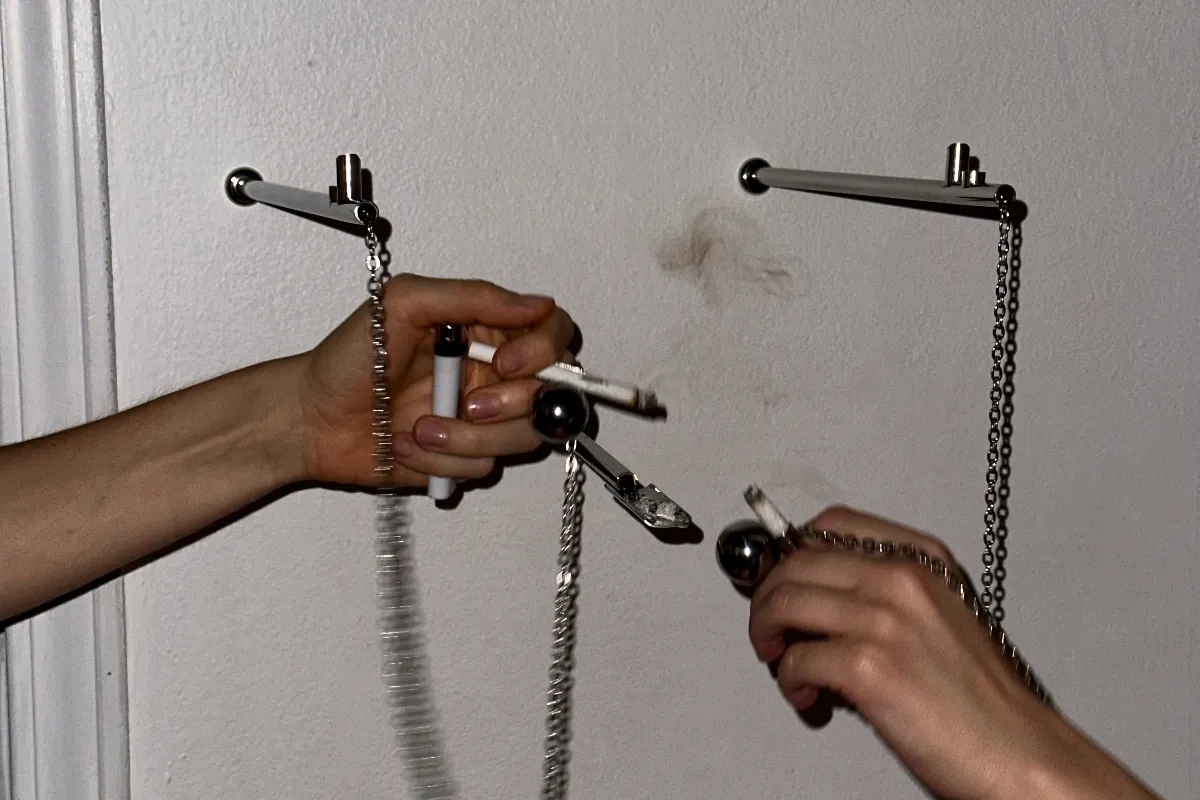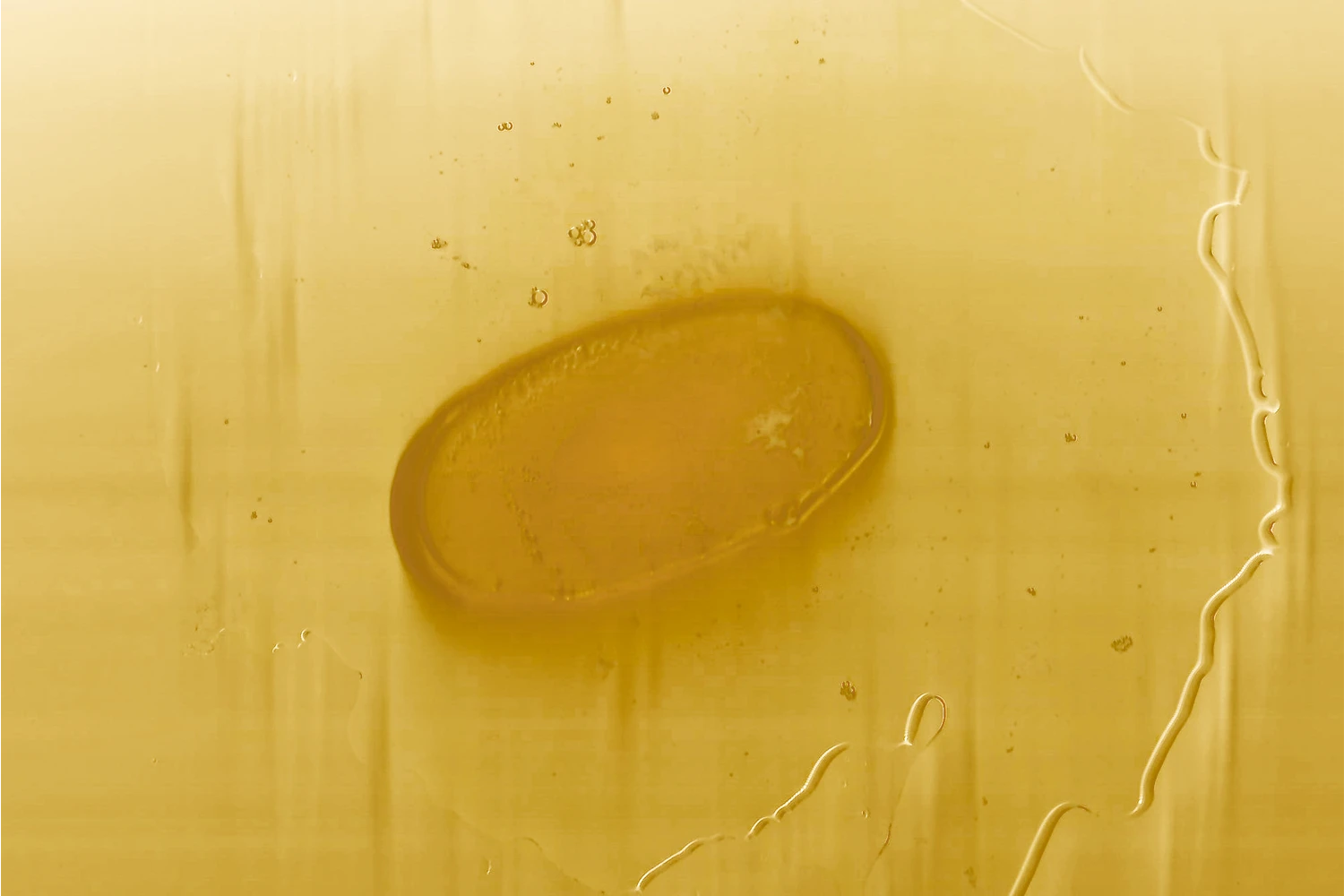
Lampoon SOAP: the new issue. We like it dirty and soapy
Editorial introduction to the new issue of Lampoon, SOAP, available in bookstores and some of the best newsstands worldwide from October 2025: soap and pure water, souls and stains, microplastics and blood
SOAP – the new Lampoon issue dedicated to soap: from water pollution to the metaphor of stained souls
SOAP – the issue dedicated to soap. Lampoon, between aesthetic risk and scientific report. Irony, metaphors, analysis – still that line from Malaparte: human beings are tolerable when they fall into the mud of their own dismantling. Soap serves to wash, then to stand up again, to shake off defeat and start anew. The human soul is sincere only when it admits its essence is always filthy, honest in its contradictions that again and again stain its moral values.
The soap of washing, domestic and industrial. Washing machines, still without filters, in Europe as in Malaysia, cannot stop the microplastics from the T-shirts we bought for 12 euros. Blended fabric T-shirt: cotton and polyester. Jeans with elastane. With every spin cycle they release microfibers. CO2 in the air is part of a tragedy in which the leading role belongs to microplastic pollution.
The rising of sea levels compounded by microplastics no longer perceptible. Every sustainable theory collapses in the face of the microplastics drama. A bacterium, genetically modified or modifiable, will it be able to digest them, the microplastics in the ocean? What would be the price of unleashing a bacterium with such incidence? We reached out to a lab asking to photograph molds and bacteria under the microscope. Went to Vienna and Madrid to follow the slimy trails left by snails. Commissioned a bar of soap – we’ll produce more in series – blending hemp extract into it. Photographed the Tuberculosis asylum by Ignazio Gardella.
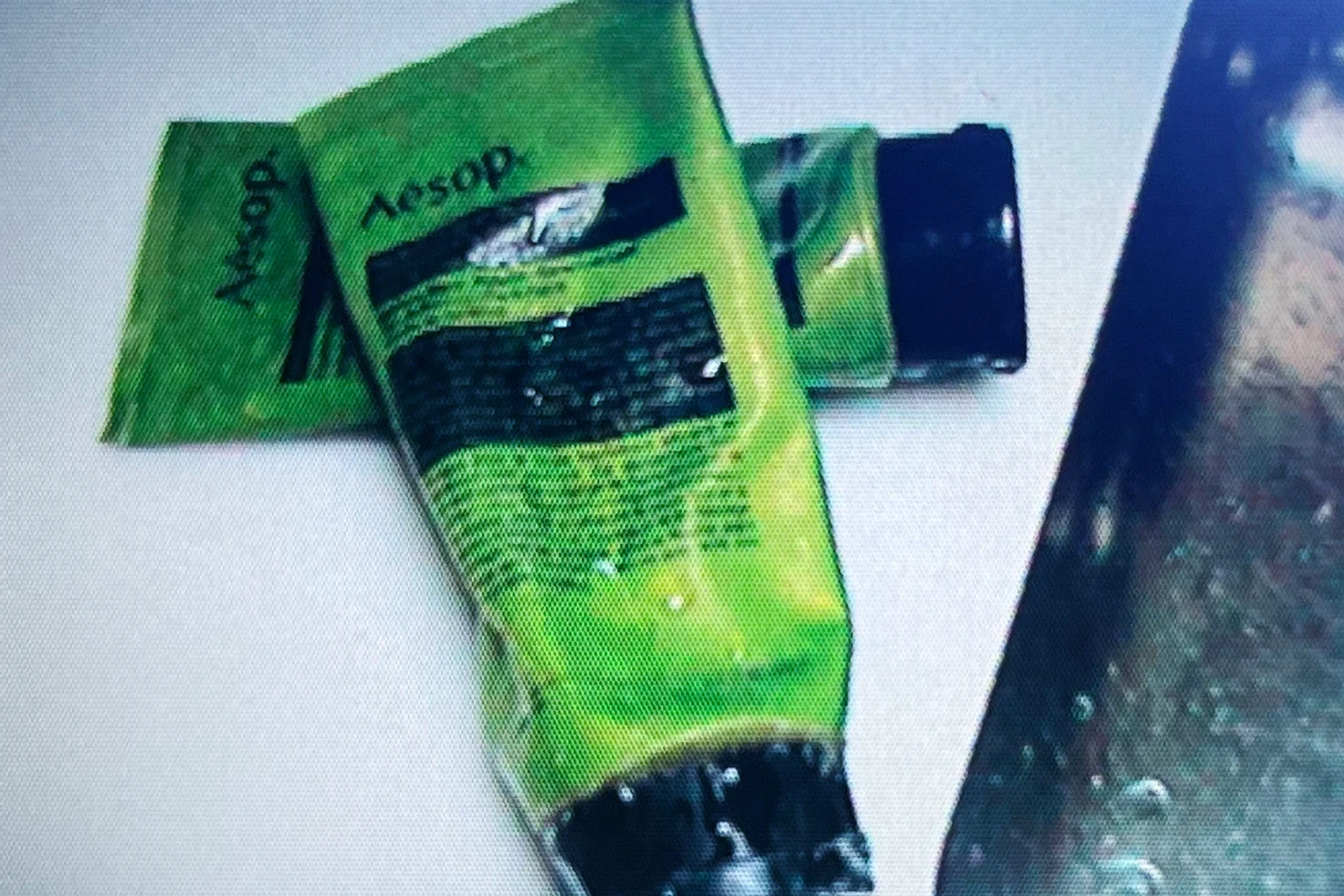
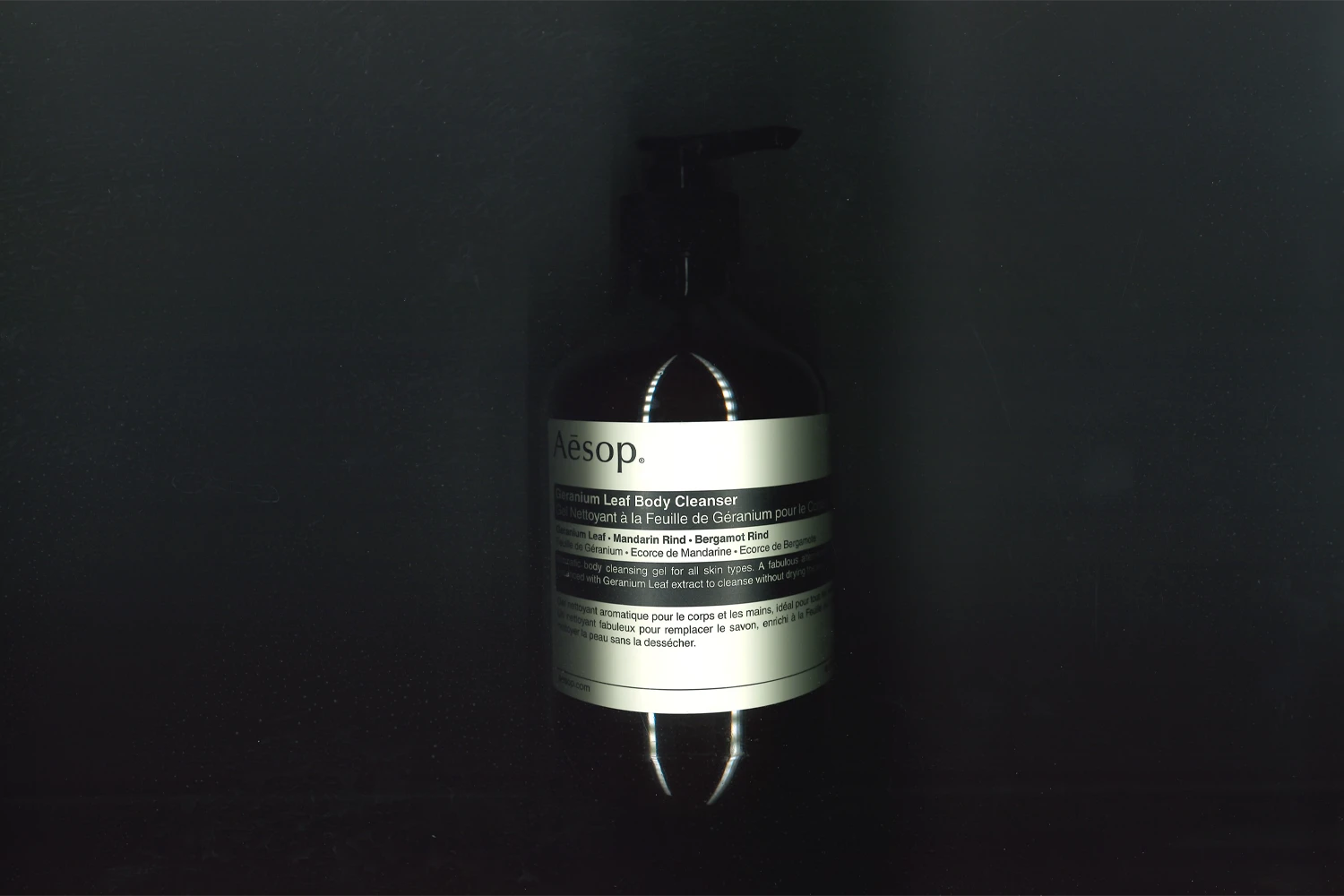
Lampoon SOAP – Simple Object Access Protocol – peeling away the layers of complication in language: don’t drop the soap
SOAP, beyond naming the detergent we wouldn’t want to forgo – after the gym, after bed, after the office, after sex – is also the acronym of Simple Object Access Protocol, a framework for exchanging information across different platforms. A tool that simplifies the layers of language construction and transmits only the necessary data, in a basic – clean – form. On other fronts, you don’t dare say “drop the soap” – in the barracks, in the common showers at the gym, among uninhibited men – the soap slips, you bend down to pick it up, someone else stiffens before you rise again. The joke comes easily, “don’t drop the soap” – a disrespectful nod to the violence that can occur in prisons.
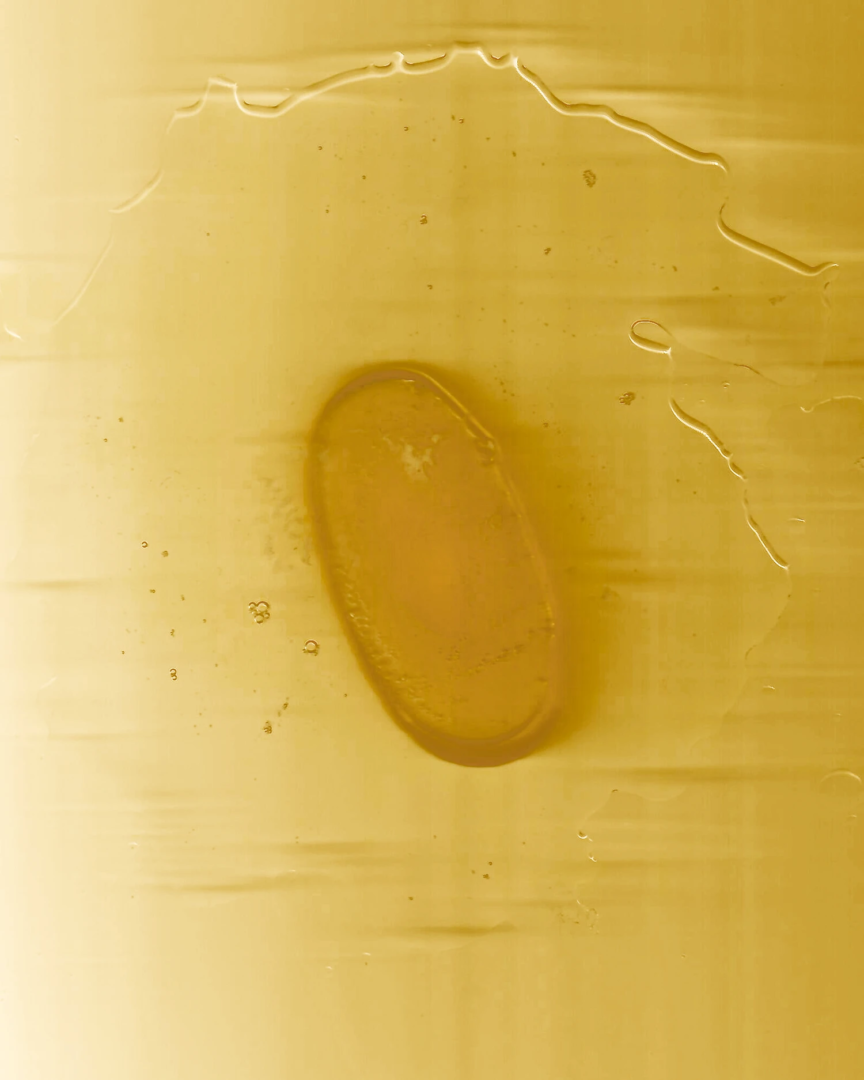
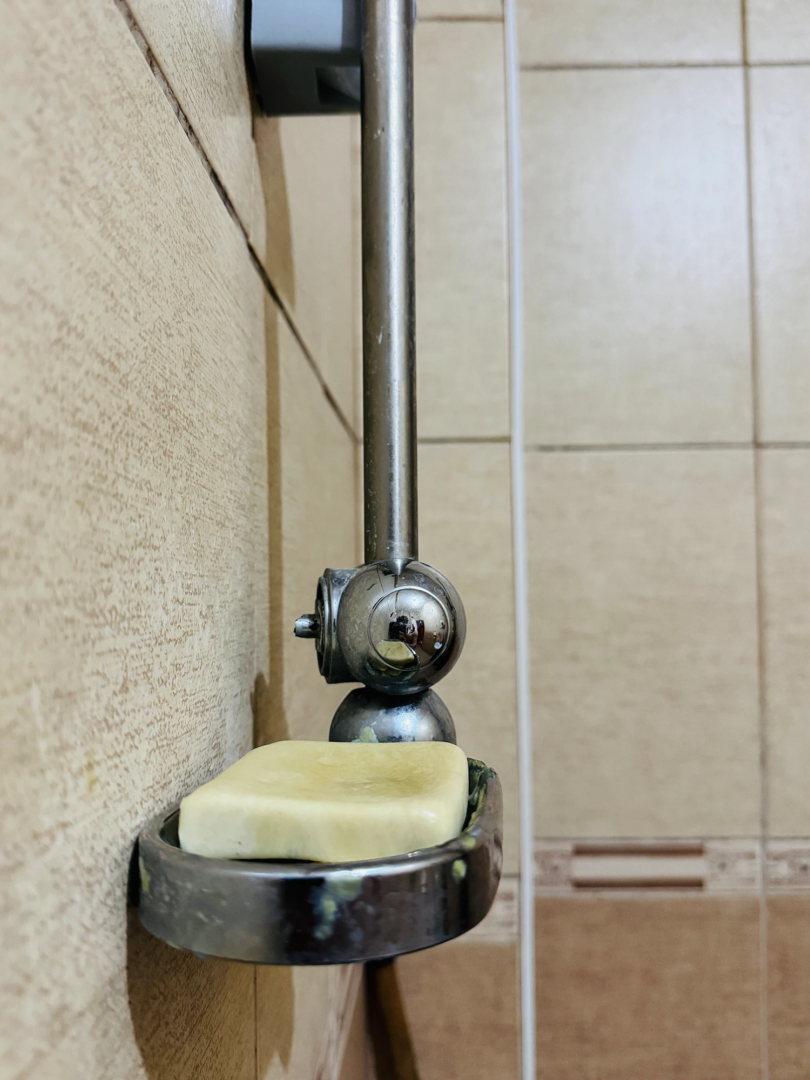
Lampoon SOAP – microplastics in water and red meat
There’s only one definition of sustainability in textiles: the final garment must not release microplastics into water. In production and manufacturing, creativity continues to rely on synthetic fibers and polyurethane padding, on stretch textiles; nylon and phosphorescent prints; compact black. It seems creativity, to express itself, cannot do without plastic. No real drive to push experimentation in natural fibers or dyes, in mono-material construction, cutting and sewing solutions, or knitwear that could create new effects.
Boomers are the CEOs who insist that bookstores must become pop places – when in reality, the potential customers who step into bookstores are looking for someone to trust. The entire publishing world believes economic success can only come from numerical reach, not qualitative impact: a literary agent no longer speaks to you about the value of a text, the mark it could leave, or which publisher might understand in advance what you’ve written. A literary agent talks to you about Podcasts. Milan is the city of publishing, music, fashion, advertising – a city infested with social media managers, the evolutionary dead-end of a PR who lost his way. How much soap do we need to scrub away all this dust?
You say leather in fashion manufacturing is sustainable. The food chain lies upstream of the tanning industry. We must cut down red meat consumption – for our health, since red meat is carcinogenic, and for the environment, as industrial cattle farming is one of the chief culprits of systemic pollution. In every supermarket there are meters-long aisles stacked with an excessive supply of red meat – the true and absolute symbol of consumerism, cursed consumerism (and incidentally, supermarkets are the natural habitat of Boomers). Red meat is cut in blood – and to wash away the stains of blood you need soap, which removes them easily.
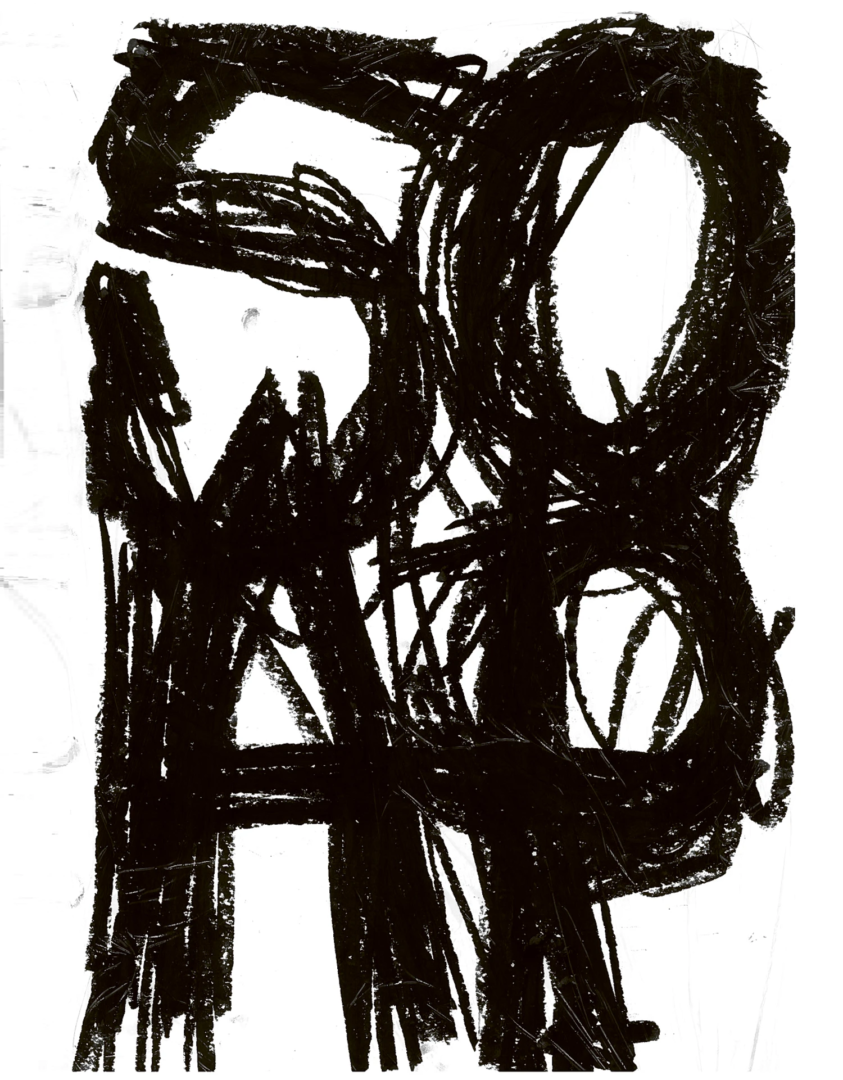
Lampoon SOAP – one single question, the flowing water
Bloodstains. The Human Stain – Philip Roth’s book. The question is simple, when we look into the mirror. Stains are our scars – in the heart, in the eyes, cuts of nostalgia, illnesses, worn arteries, the passing years. We were clean only in that moment when the midwife wiped away the little blood and placenta of our mother – until the first dose of liquid shit that soiled our brand-new intestine. From then on, it’s been a succession of smells, filthy layers, corrupted breaths – year after year, until today – and so it will continue tomorrow. We are made up of about 60% water – and water keeps getting dirty.
You’re standing on a bridge, the water flowing beneath you – whether a mountain stream or an autumn flood. Do you want to read your future in each wave that rushes past, flowing toward the sea – or in each drop that has yet to fall and pass beneath your feet?
Do not take your eyes off the mirror – stay there, with your question. If we need water to wash with soap – how will we clean the water we have dirtied with that very soap?
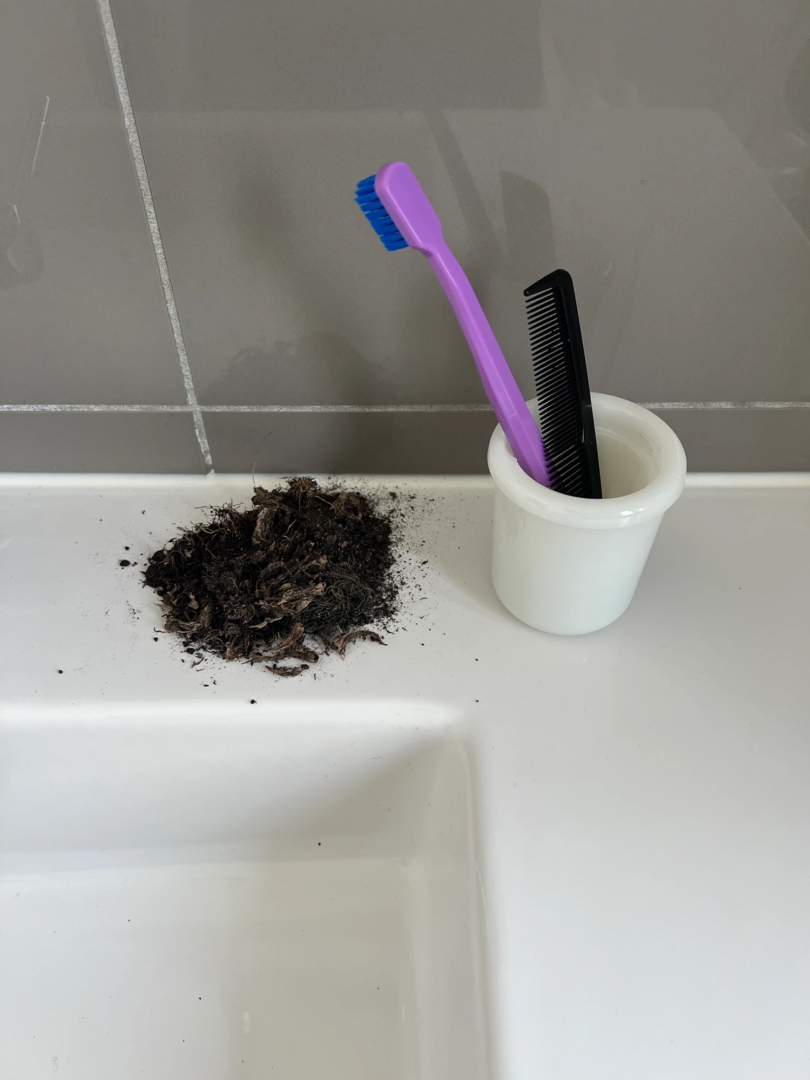
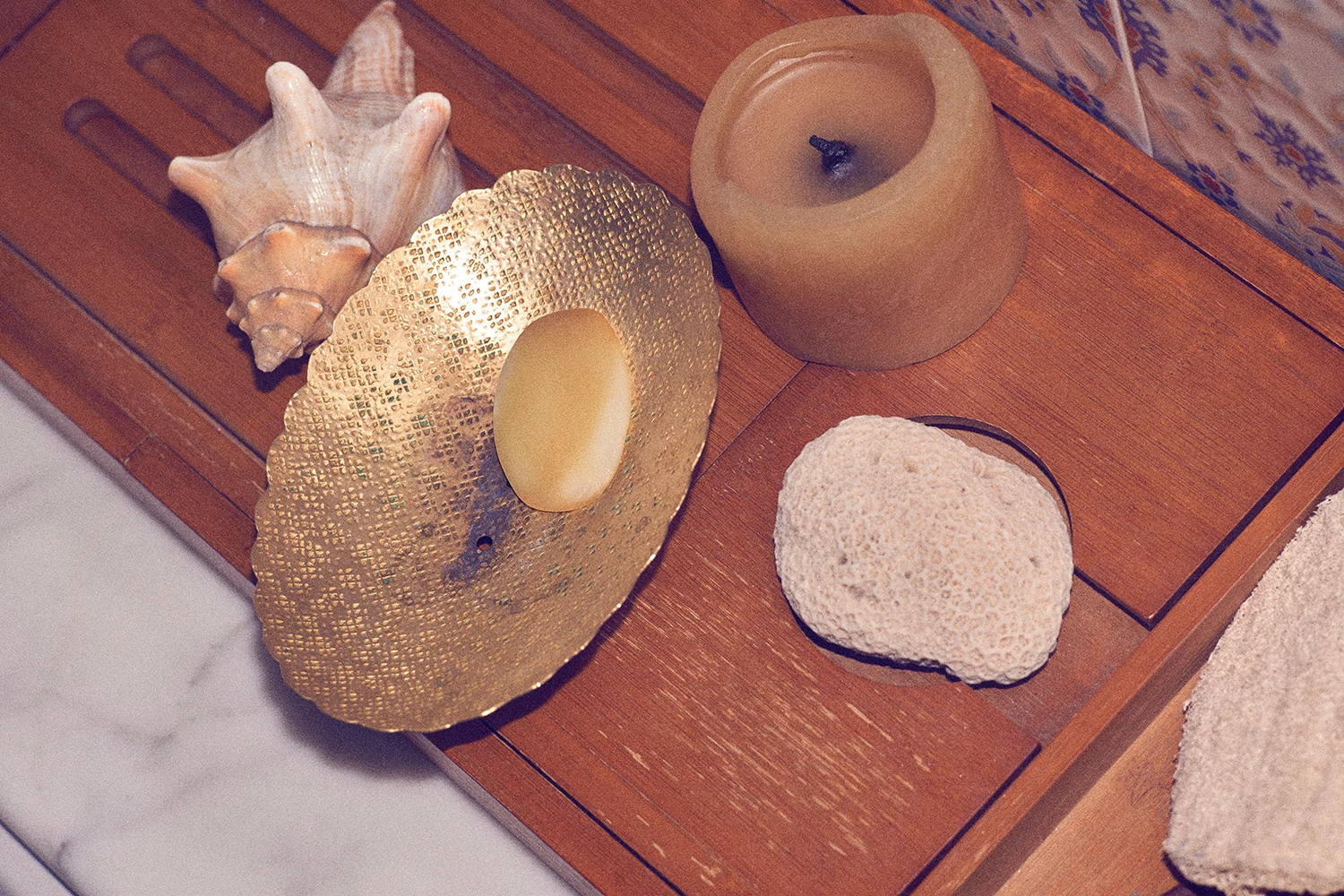
What could ever exist more beautiful than the sea?
Water falls clean from the sky – a storm in the mountains – seeps into the rocks, flows through granite, marble, quartz, which filter it, cleanse it, purify it with their edges, trapping every gram of lime in crystal. After years, the water finds its way and between the rocks, resurfaces – a spring. From this spring it begins its descent to the valley. The water flows down, soils itself and nourishes plants, gives strength to fish, to everything. The water meets and merges, enters lakes and from lakes reemerges stronger.
It passes through cities, pipes, our taps and sewers. It gets polluted and then filtered. At times it is scarce, flowing slowly – at other times it kills us like tears of rage, flooding streets, fields, lives. Filthy, muddy, wounded and shameful, water reaches the sea – and yet what could ever exist, for humankind, for me and for you – my love – what could ever exist more beautiful than the sea?
Carlo Mazzoni
Editor’s Letter
Editorial introduction to Lampoon issue 32, SOAP – Autumn 2025
